
Get inspired. Discover new plants and design ideas by going on garden tours, visiting botanical gardens, and visiting state and national parks. Whether you are looking to mimic nature’s design, create a perfect container, or find a new plant to try, there are many resources that are best enjoyed in person—so grab your camera and get out there. You never know what you will discover and what may inspire your next masterpiece. Just make sure to take health and safety precautions!
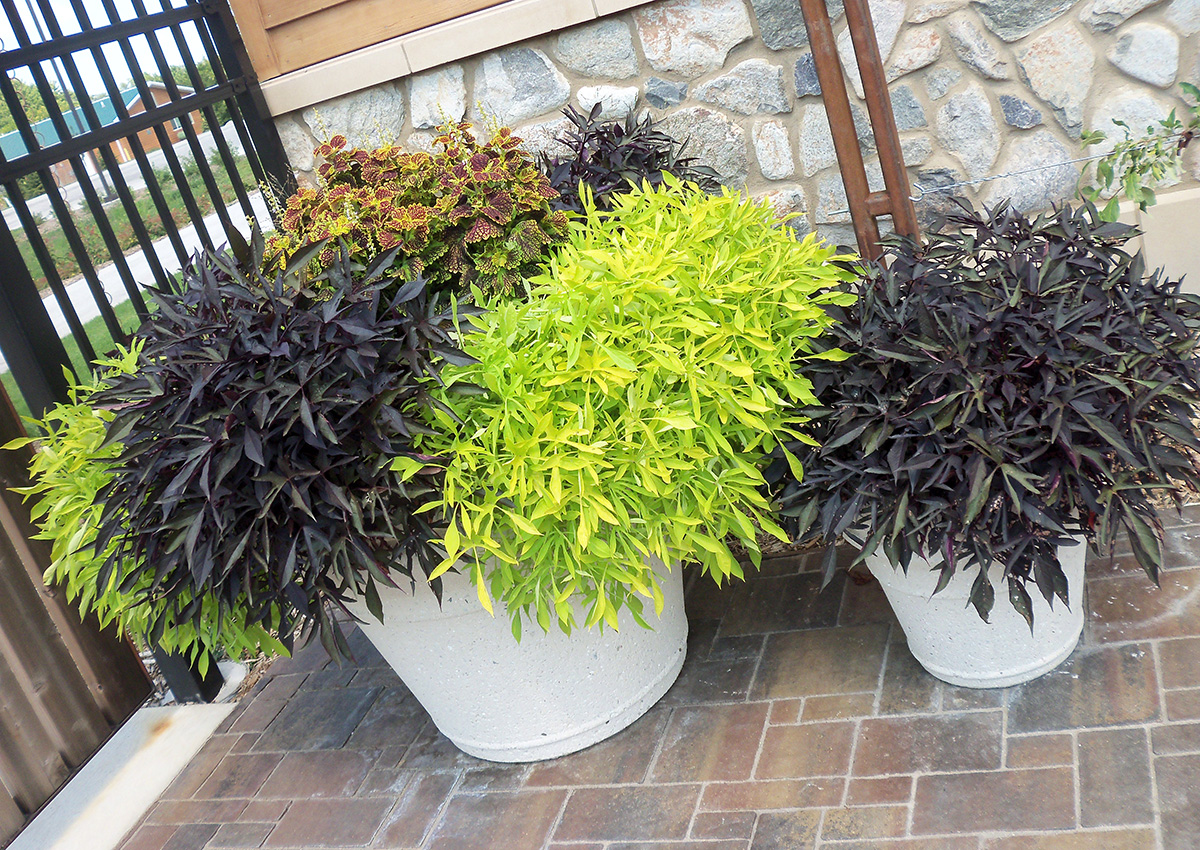
Pinch rapidly growing annuals in mixed containers. Annuals can quickly outcompete each other in a mixed container. In order to keep a fair balance true to your original vision, spend a couple minutes each week pinching back your more vigorous growers to just above a leaf or branch node. Plants that may be vigorous growers in a mixed container include petunias, coleus (Plectranthus scutellariodes, Zones 10–12), and sweet potato vine (Ipomoea batatas cvs., Zones 9–11). And since you are already out there, you can deadhead to keep your annuals tidy and blooming throughout the summer.
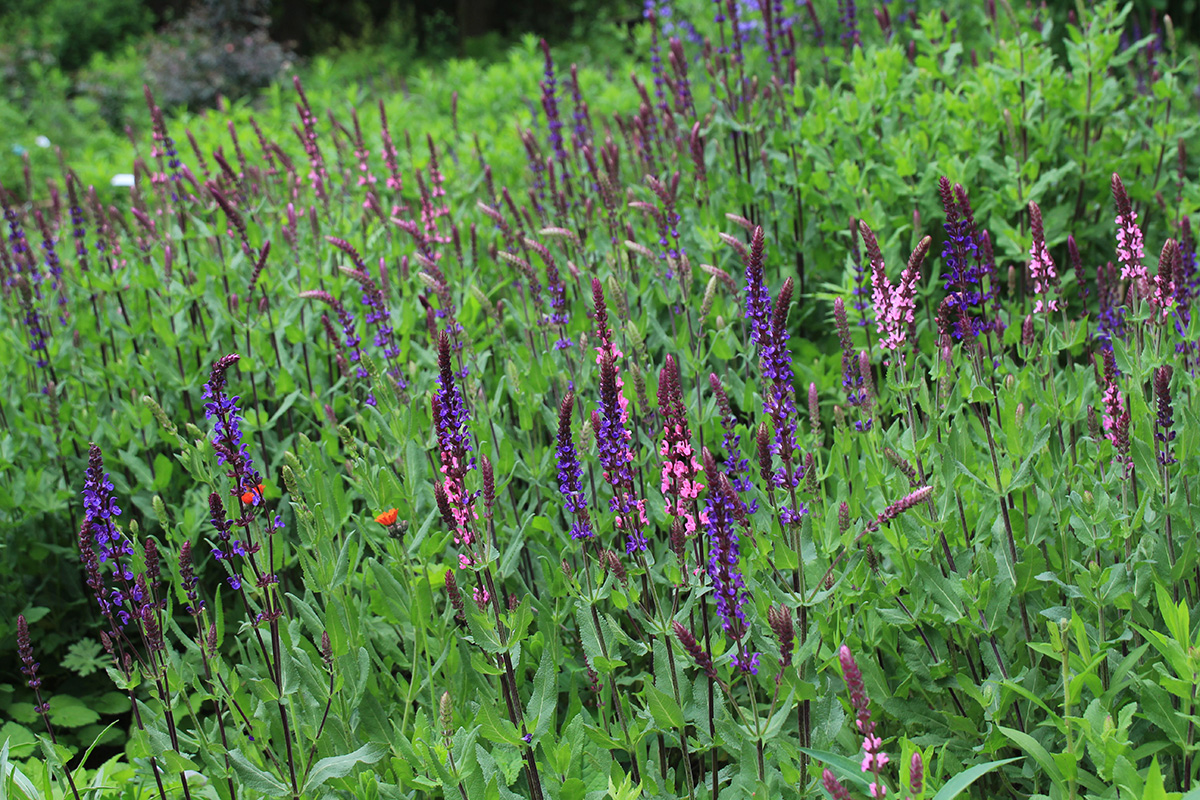
Deadhead perennials. This keeps plants putting energy into growth and additional flowers rather than seed production. You can also help keep a cleaner appearance in your garden by routinely removing yellowing or brown foliage, which is also a great way to monitor for potential disease and pest problems that may need your attention.
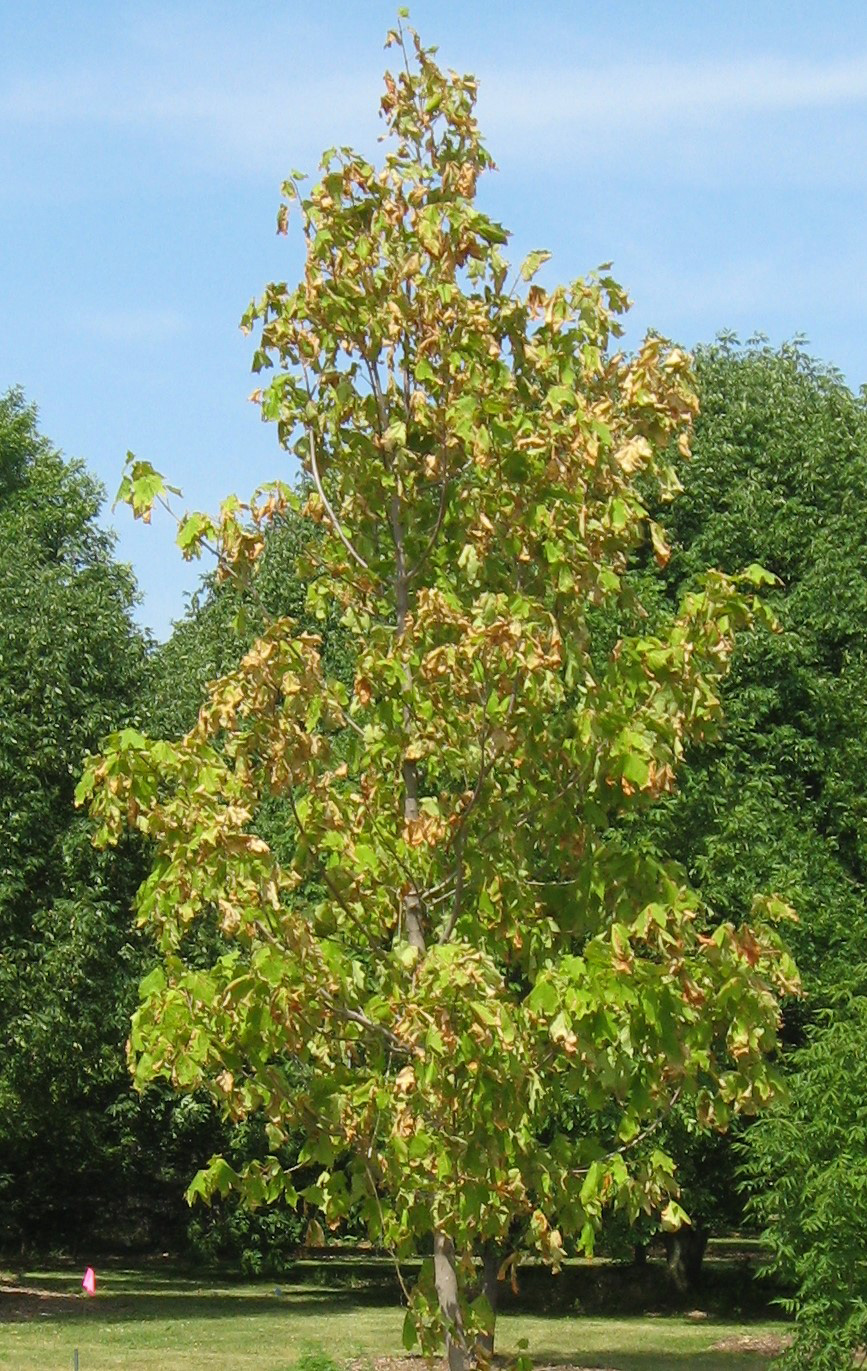
Water deeply. Summer is upon us with high temperatures and drying winds that can quickly make plants unhappy if not properly watered. Maintaining adequate soil moisture for your annuals, perennials, shrubs, and trees can be a bit of a juggling act, as everything has different needs and different tolerance levels. Priority should be given to any newly planted items in your garden, as they most likely have not had a chance to get fully established. For your more mature plants, look for symptoms of drought stress through uncharacteristic features such as yellowing, wilting foliage with possible scorching on leaf edges. Provide deep, periodic watering to your plants to encourage roots to go deep in the soil, as opposed to light and frequent watering throughout the summer.
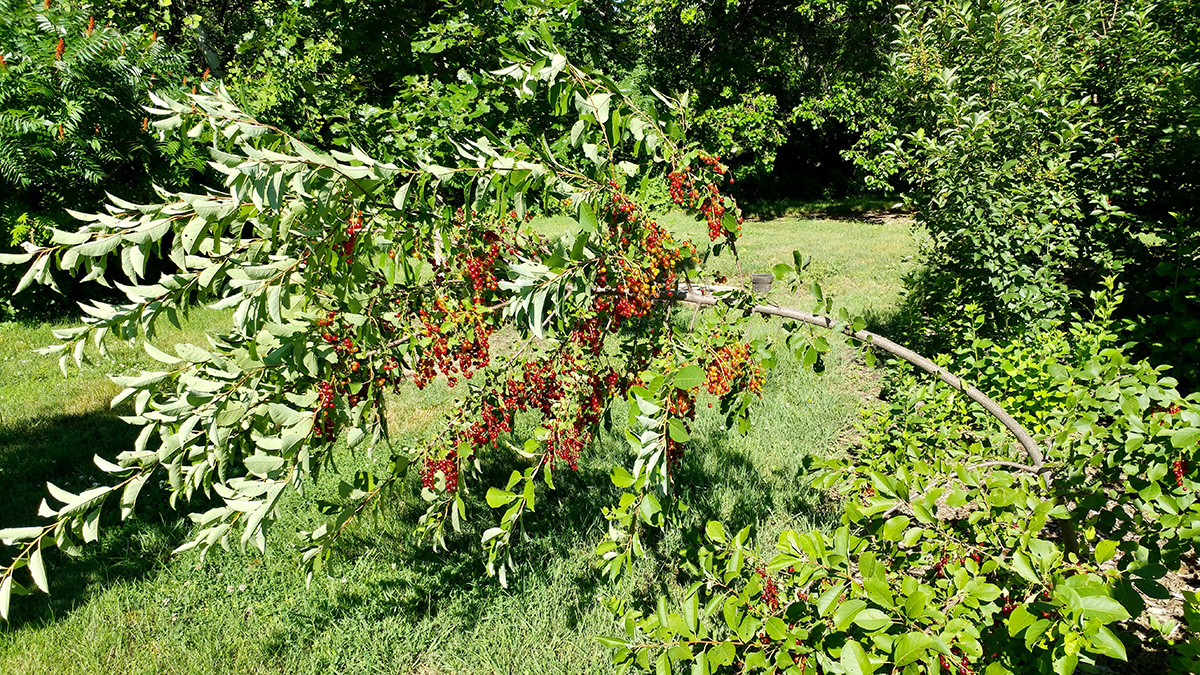
Support fruit trees. As your fruit trees continue to develop fruit, the additional weight can add stress to the trees’ limbs and cause eventual damage and fruit loss. If you notice a tree with heavy fruit set or some severe sagging of branches, consider adding support structures to help the tree hold the weight through the season until harvest. If the support is left on beyond that season, the tree will begin to depend on that additional support, so it is advisable to remove it as soon as you can after harvest.
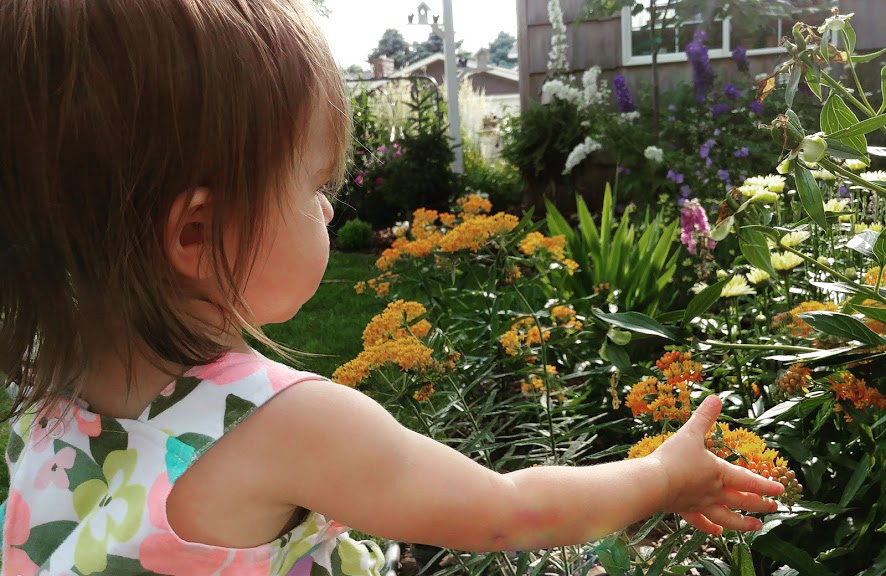
Enjoy your garden. You have spent months planning, preparing, and caring for your garden, so don’t forget to enjoy it! Sometimes we spend so much time looking at what is wrong or needs adjustment that we forget to stop and admire all that is right and working well in our garden. After all, a garden is a living and evolving thing that we manage, not maintain. If your mentality is to maintain your garden, you will always be fighting nature, but if you manage your garden along with the gives and takes of nature, you will enjoy it much more. As the old saying goes, stop and smell the roses!
—Chris Schlenker is the head gardener of McCrory Gardens at South Dakota State University in Brookings, South Dakota.







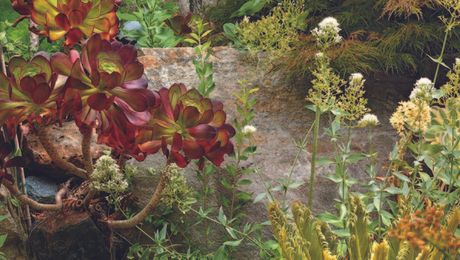
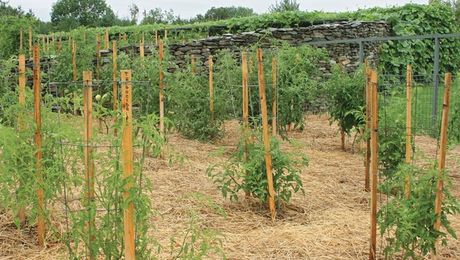









Comments
Log in or create an account to post a comment.
Sign up Log in